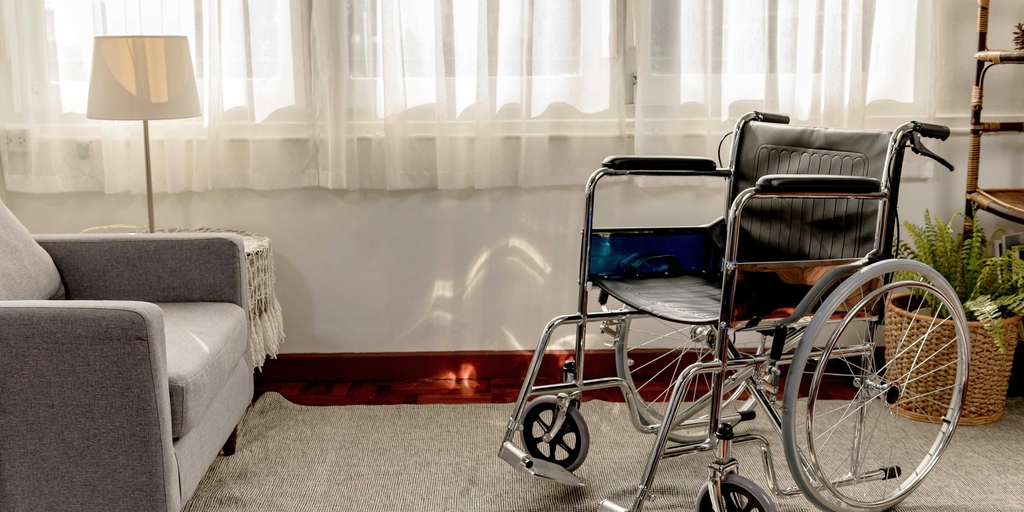Ethicist warns of ‘slippery slope’ in Canada euthanasia law
Assisted Suicide
Canada’s assisted suicide and euthanasia laws have quickly been expanded to allow the killing of people with disabilities and mental health conditions, an ethicist has said, in a warning to the UK.
In a paper published in the BMJ Journal of Medical Ethics, Professor Tom Koch of the University of British Columbia said incremental extension of the law is “clearly evident” in Canada leading to “an expanding class of eligible persons and an ever-increasing number of medically induced deaths”.
Dr Koch said that assisted suicide and euthanasia are now seen as “the only alternative to suffering” for those without access to palliative care, and that pressure to ensure palliative care is provided has been removed since controversial Medical Aid in Dying (MAiD) legislation came into force in 2016.
In March this year, MAiD legislation was extended to allow people with disabilities to access assisted suicide. From 2023, people with mental illnesses will also be able to access an assisted death.
The number of assisted suicide deaths in Canada has skyrocketed since the law was introduced from just over 1,000 in 2016 to 21,589 in 2020. Almost 4 in 10 patients who opt for assisted suicide express concern that they are a burden on loved ones.
Last week, a palliative care expert in the UK described his anxiety about what a change in the law in the UK would mean for his profession, based on what is happening to colleagues in other jurisdictions. In an article on the eHospice website, Dr Claud Regnard, Honorary Consultant in Palliative Care Medicine at St. Oswald’s Hospice, Newcastle upon Tyne, wrote:
“In Canada, less than half of patients who participate in assisted suicide or euthanasia see a specialist palliative care team, and only 15% of Canadians have access to publicly funded palliative care at home. Two thirds of all dying individuals in Belgium do not access specialist palliative care, and in Australia 59% of dying intensive care patients are not referred to such end-of-life care services.”
“We should question claims that legalising assisted death is compatible with palliative care and does not impede its development. In Canada, funding to several hospices has been withdrawn because they refused to participate in assisted deaths… A tension is developing between hospices providing death and those caring for the dying...There is a profound impact on palliative care caused by pressure on clinicians to provide assisted deaths on demand.”
A spokesman for CARE commented:
“This warning from an ethicist in Canada should be heard by every UK politician as they consider voting on assisted suicide proposals. It’s clear that once an assisted suicide law – even a narrowly defined law – reaches the statute book, it is quickly expanded. It is also clear that end-of-life care suffers when assisted death is on the statute book. There are better ways to help people facing suffering that do not involve assisting suicide and do not put marginalised groups at risk.”





Share story
Ethicist warns of ‘slippery slope’ in Canada euthanasia law